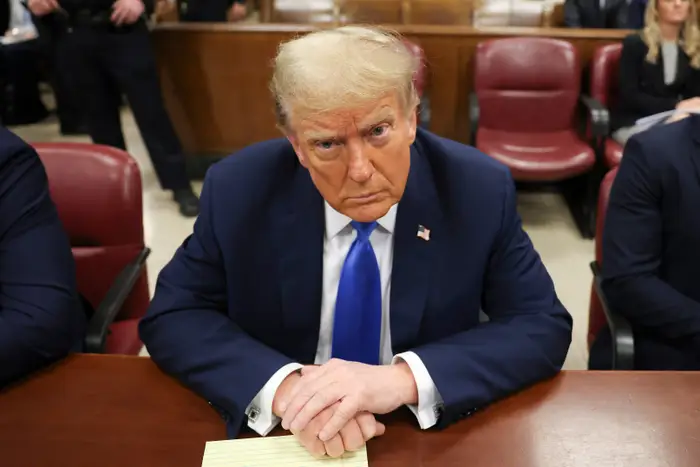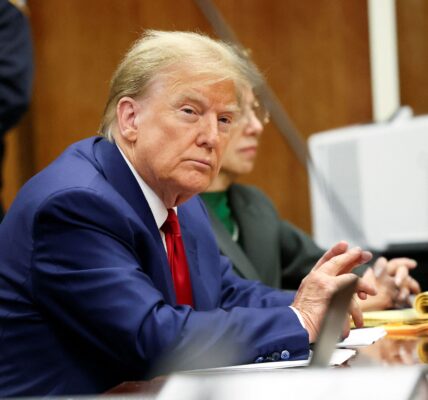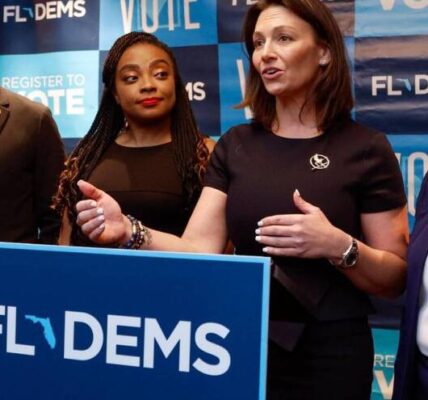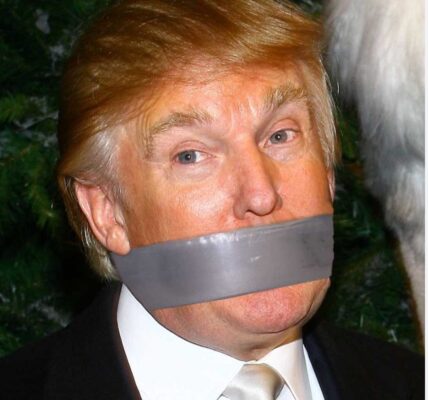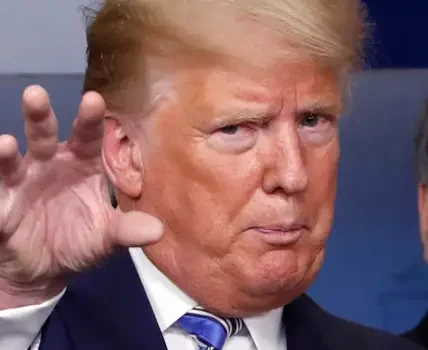In the annals of American legal history, few cases have captured the nation’s attention and sparked as much controversy as the Trump hush money trial. As the latest updates on this high-profile legal saga continue to unfold, the courtroom drama and political ramifications have kept pundits and the public alike riveted. From allegations of campaign finance violations to questions of presidential immunity, the trial has become a crucible where the intersecting forces of law and politics collide.
At the heart of the Trump hush money trial are allegations that former President Donald Trump and his associates engaged in a scheme to silence women who claimed to have had affairs with him, using hush money payments and non-disclosure agreements to prevent their stories from surfacing during the 2016 presidential campaign. The trial has reignited debate over the extent to which Trump and his inner circle may have violated campaign finance laws and abused the power of the presidency for personal gain.
The latest developments in the trial have shed new light on the inner workings of the Trump Organization and its role in facilitating the hush money payments. Testimony from former Trump Organization executives, including Allen Weisselberg, the company’s longtime chief financial officer, has provided prosecutors with valuable insights into the corporate culture and financial practices of the Trump empire.
Moreover, evidence presented during the trial has raised troubling questions about the extent of Trump’s involvement in the hush money scheme and the potential legal liabilities he may face as a result. While Trump has vehemently denied any wrongdoing and dismissed the trial as a politically motivated witch hunt, legal experts say the evidence against him is mounting, and the stakes could not be higher.
Central to the trial is the question of whether Trump can be held accountable for actions taken while he was president. While sitting presidents are generally immune from prosecution for official acts taken in the course of their duties, legal scholars argue that the hush money payments may fall outside the scope of presidential immunity, as they were allegedly made to protect Trump’s personal reputation and business interests rather than furthering the public interest.
In addition to the legal implications, the Trump hush money trial has profound political ramifications that could shape the future of American politics for years to come. With Trump’s political aspirations and influence within the Republican Party still looming large, the outcome of the trial could have far-reaching consequences for the GOP and the broader political landscape.
For Trump’s supporters, the trial is seen as yet another attempt by Democrats and the so-called “deep state” to undermine his presidency and delegitimize his political movement. They view the charges against Trump as politically motivated and argue that he is being unfairly targeted for prosecution due to his outsider status and refusal to conform to the norms of the Washington establishment.
On the other hand, Trump’s critics see the trial as a long-overdue reckoning for a president who they believe flouted the rule of law and abused his power for personal gain. They argue that holding Trump accountable for his actions is essential to upholding the principles of democracy and ensuring that no one, not even the president, is above the law.
As the trial unfolds, the eyes of the nation are fixed on the courtroom where the fate of Donald Trump and the future of American democracy hang in the balance. With each new revelation and legal maneuver, the stakes grow higher, and the consequences more profound. Whether Trump will emerge unscathed or face legal and political repercussions remains to be seen, but one thing is certain: the Trump hush money trial is a legal and political spectacle unlike any other, and its outcome will reverberate throughout the halls of power in Washington and beyond.
